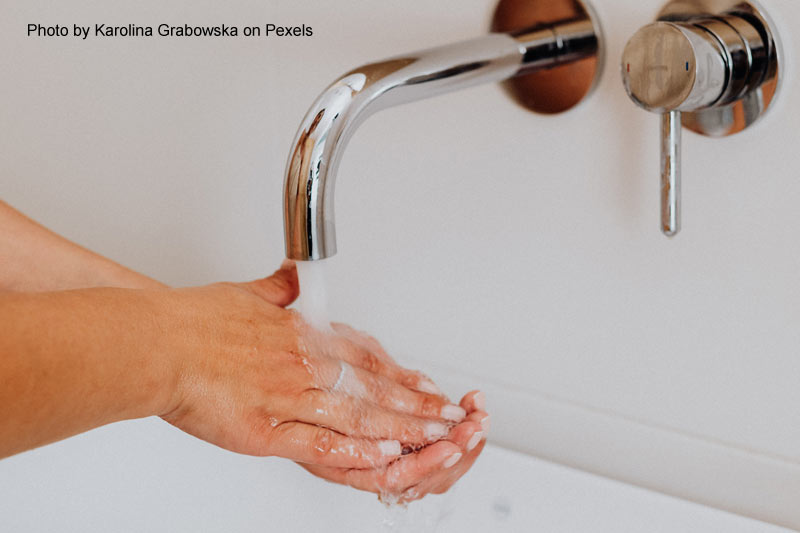Hard water is a common problem for many homeowners. And while this problem has no health risks, it can leave residue on your dishes and make your laundry feel stiffer. More seriously, the excess calcium and magnesium in hard water can accumulate in your plumbing system. As it builds up, your water pressure and flow can diminish. It can also shorten the efficiency and lifespan of appliances that require water, such as dishwashers and refrigerators.
There are several solutions that homeowners can implement to remove the excess magnesium and calcium from hard water. These include:
Install a water softener:
Water softeners are often the most efficient and simplest solution for treating hard water. There are two popular types of water-softening systems. Salt-based ion exchange water softening systems remove the hard water ions from your water supply. Salt-free water softeners use template-assisted crystallization, which doesn’t remove the hard water ion but neutralizes the charges in the minerals. Salt-free water softeners are also frequently called salt-free water conditioners since they do not remove hard water ions. Any reputable plumber can easily install water softeners, making them a popular option for dealing with hard water.
Install a reverse osmosis unit:
Reverse osmosis is a method of filtering the water that softens it. Most people purchase these systems to get pure, contaminant-free water; softening is an accidental benefit. While these units can remove hard water ions, you should consult with a plumber if you have high hardness levels, as calcium and magnesium can damage the filtration membranes, which may be costly to replace.
Use a distiller:
Like reverse osmosis, distillation is often used to purify water, but softening occurs anyway. Water is added to distillers, which will boil the water until it evaporates. The steam passes through a chamber and is re-condensed into pure water. Since calcium and magnesium cannot evaporate, they are left in the boiling chamber with all other contaminants. Unlike the other methods listed, using a distiller doesn’t require the installation of any equipment. Usually, these units are set on a countertop. But the big drawback to distillers is that they can only soften small amounts of water at any given time. It’s a perfect solution to purify and soften water for consumption, but it provides no benefit for keeping your plumbing in optimal condition. It will also not protect your appliances from the effects of hard water.
Using washing soda:
Washing soda can be used to clean plumbing and appliances damaged from prolonged contact with hard water. It can improve the performance of your plumbing system and appliances, but it is unsuitable for water intended for consumption.
Hard water can be a nuisance. You will see evidence of it everywhere – in spots left on clean dishes, hard water stains on your clothes, reduced appliance efficiency, and, eventually, diminished water flow and pressure. To learn more about the best way to treat hard water in your home, contact Proactive Plumbing Inc. today!
Proactive Plumbing has provided dependable plumbing services, installations, and repairs for more than 15 years. We service Oceanside, Carlsbad, Encinitas, Vista, San Marcos, Escondido, and other areas of San Diego County.

 760-798-1167
760-798-1167